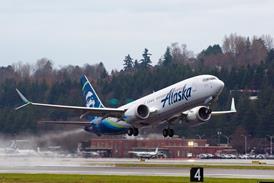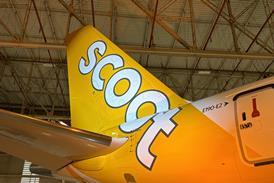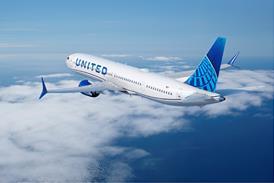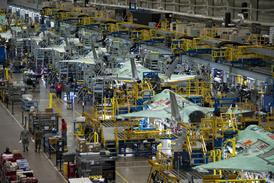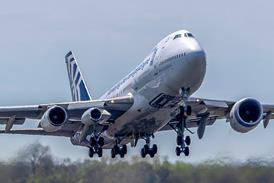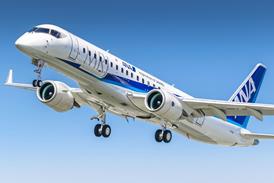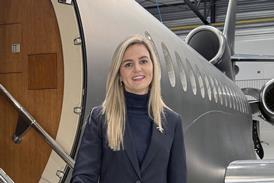As the US airlines go into the normally bleak winter the big unknown is demand, but business travel executives, corporate managers and others who plan and buy the kind of air travel that airlines like are grim about the near-term future.
The trends are more than simply an extension of pressures that business travel departments have presented airlines with since 11 September 2001, but represent a serious threat to airline business models and revenues just as the carriers are implementing their deepest capacity cuts since 9/11.
Although there is an "eerie similarity" with the last cyclical downturn, "there is an order of magnitude increase in the seriousness of the current situation and in corporate responses" about travel policies, says Kevin Mitchell, chairman of the Business Travel Coalition.
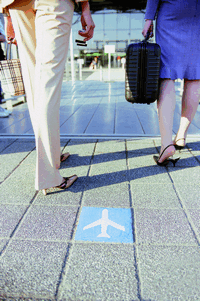 |
|---|
© Rex Features |
The advocacy group says that internationally, about a quarter of some 200 corporate departments said they had imposed emergency travel cutbacks on their staff in the past several weeks. Mitchell says this is a direct result of the global financial crisis. Almost 70% of these companies plan to keep the emergency cuts "until further notice".
BOARDROOM ISSUE
As Herve Sedky, general manager of American Express Business Travel Advisory Services, puts it, spending on travel "has become a boardroom issue".
The National Business Travel Association, which represents US corporate travel departments, says more than half of the managers it surveyed are eliminating all non-essential corporate travel and encouraging less air travel, while more than 60% of the Association of Corporate Travel Executives said that their central goal is cost reduction. More than a third of the ACTE members said they would spend less on travel, said the group's executive director, Susan Gurley.
This will exacerbate the trend that IATA has noted recently of declining premium travel. Premium travel, defined as first and business class flying, dropped by 1% year-over-year in July, reversing the long-term trends of rising by roughly that same amount each month. AmEx says that just over half of business travellers fly in economy on overseas travel, the highest level since 1994.
The NBTA's Caleb Tiller says some firms had raised the number of hours for which a flight is scheduled to qualify a trip for a premium-class seat, in some cases increasing it from four hours to seven hours, while others eliminated premium travel on domestic routes.
Tiller adds that declining demand had enabled some companies to renegotiate their hotel contracts in the middle of the year, well before they had come up for renewal, but that they were using the lower rates to pay for their corporate travellers to stay for a Saturday night and so comply with airlines' new requirement for getting the lowest fares.
Some US carriers have attempted to minimise the trend by localising it, and as Continental Airlines president and chief operating officer Jeff Smisek put it: "There will be an overall negative effect on corporate travel, although our early indications show the effect will vary by industry and by region."
Smisek adds: "Obviously, the financial firms in New York City are feeling the biggest effect, with all of them indicating a significant reduction in travel spend for the remainder of the year and a sizeable expected reduction in their 2009 budgets."
American Airlines also says New York has been hardest hit. American's executive vice-president for planning and chief financial officer, Tom Horton, says: "We have seen that with the turmoil in the financial markets, the demand out of New York is softening more than other parts of our domestic system. As we look at our advanced booked load factors out of New York, it's weaker than the rest of the system."
Source: Airline Business

